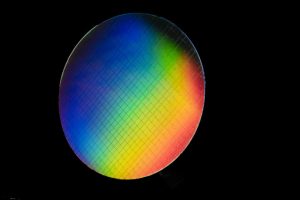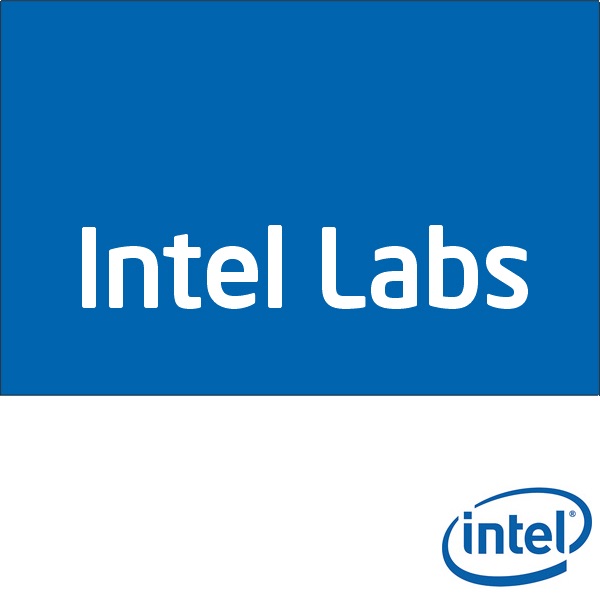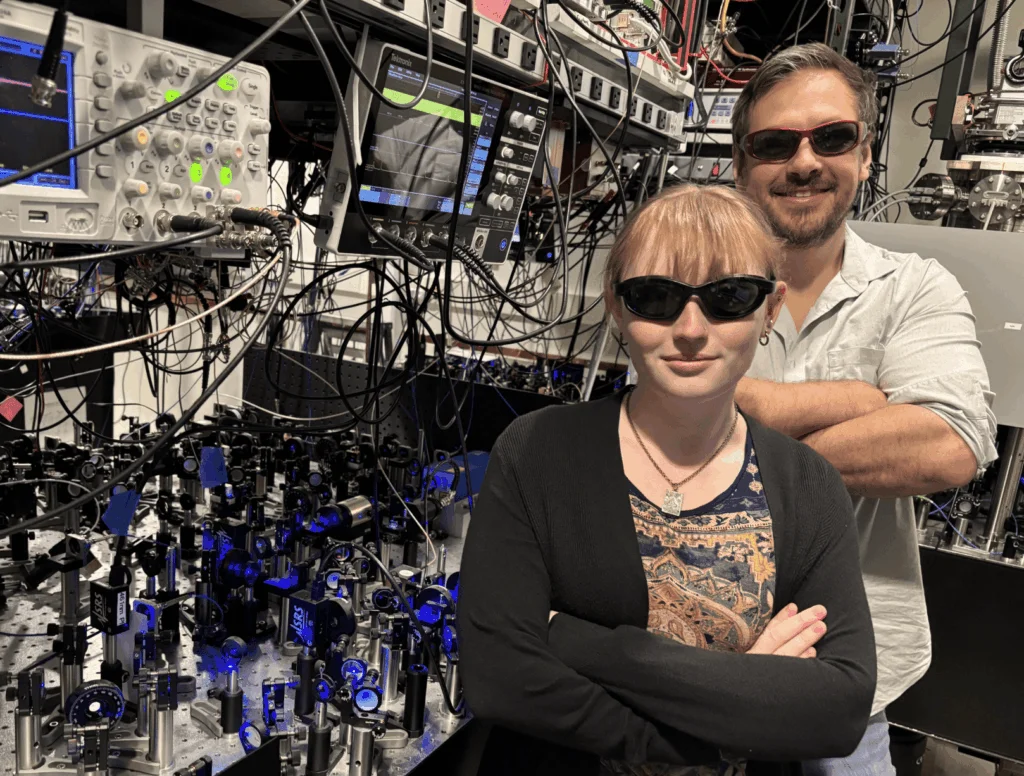
Intel is presenting a body of research highlighting its full-stack approach to quantum innovation spanning hardware, software and algorithm development at this week’s IEEE International Conference on Quantum Computing and Engineering this week, according to a company news release. Company officials say Intel’s body of work highlights important advances across all these areas, which are critical to build scalable commercial-grade quantum systems that can run useful applications.
“Quantum computing is steadily transitioning from the physics lab into the domain of engineering as we prepare to focus on useful, nearer-term applications for this disruptive technology,” said Anne Matsuura, director of Quantum Applications and Architecture at Intel Labs. “Quantum research within Intel Labs is making solid advances in every layer of the quantum computing stack – from spin qubit hardware and cryo-CMOS technologies for qubit control to software and algorithms research that will put us on the path to a scalable quantum architecture for useful commercial applications. Taking this systems-level approach to quantum is critical in order to achieve quantum practicality.”
Matsuura will deliver a keynote at the event, “Quantum Computing: A Scalable, Systems Approach,” highlighting Intel’s strategy of taking a systems-level approach to scaling quantum for commercialization.
Intel offered a preview of research that will be presented during quantum week. Those papers include:

Paper title: Designing high-fidelity multi-qubit gates using deep reinforcement learning
Overview: Quantum dot silicon qubits – one of the many approaches being explored in the field of quantum computing – are attractive for quantum scalability because of their small form factor. Running useful problems on commercial-scale quantum computers using this technology requires high-fidelity multi-qubit gates. This research demonstrates the successful use of a deep learning framework to simulate the design of high-fidelity multi-qubit gates for quantum dot qubit systems.
Why it Matters: As quantum hardware continues to progress, machine learning techniques can be highly beneficial in the optimized design and implementation of quantum gates.
Highlighted Research: Efficient loading of classical data sets into a quantum machine
Paper title: Efficient quantum circuits for accurate state preparation of smooth, differentiable functions
Overview: For machine learning to take advantage of the exponential computing speed-up that quantum technology promises, classical data needs to be efficiently loaded into a quantum system for execution. Today, this remains extremely challenging, as this speed-up would be lost given the large amount of time it would take to load even a modestly sized dataset. This research demonstrates progress against this challenge, highlighting an algorithm for the efficient loading of certain classes of heavily utilized functions, such as Gaussian and Probability distributions, used for generating these datasets.
Why it Matters: Machine learning systems today are fast approaching the limits of classical computational models. This research shows promise for the viability of using quantum machines for applications like machine learning that require datasets.
Highlighted Research: Optimal qubit configurations for quantum physics simulations
Paper title: On connectivity-dependent resource requirements for digital quantum simulation of d-level particles
Overview: This research highlights the development of algorithms for the simulation of quantum physics (also known as Hamiltonian simulation) that can be easily and efficiently run on small qubit systems. It also studies resource requirements for executing these algorithms on different qubit configurations.
Why it Matters: One of the early applications of quantum computation will be to efficiently simulate quantum physics. Findings from this research have potential implications for designing qubit chips for specific application areas.
Highlighted Research: A BIKE accelerator for post quantum cryptography
Paper title: Efficient BIKE hardware design with constant time decoder
Overview: Quantum computers have the potential to attack classical cryptographic algorithms by decrypting all their encrypted data. Today’s popular methods for sharing cryptographic keys, such as Diffie-Hellman, are expected to be vulnerable to future quantum attacks. BIKE (Bit-flipping Key Encapsulation) is a promising approach for post-quantum cryptography and currently under consideration by the National Institute of Standards and Technology (NIST). This research builds on Intel’s previous research on BIKE and presents a design for a BIKE hardware accelerator.
Why it Matters: There is potential for quantum computers to eventually lead to unbreakable encryption technologies, vastly improving information security. Post-quantum algorithms like BIKE can be used today in cryptosystems to make them resilient to quantum attacks.
Highlighted Research: Novel technique for executing noise-resilient algorithms efficiently on small qubit systems
Paper title: Engineering the cost function of a variational quantum algorithm for implementation on near-term devices
Overview: Hybrid quantum-classical algorithms are some of the most promising workloads for near-term quantum computers that lack error correction; however, they are hard to run. This research highlights a novel technique successfully implemented on real qubits that helps these noise-resilient algorithms run efficiently on small qubit systems.
Why it Matters: Since error-corrected quantum machines do not exist today, progress in noise-resilient algorithms is important so these workloads can run efficiently on quantum systems for the foreseeable future.
The Significance of Intel’s Full-Stack Quantum Research
Mainstream attention in the field of quantum computing has focused primarily on qubit hardware technologies. But since quantum is an entirely new compute paradigm, it requires a new stack of hardware, software and algorithms in order to run future applications on a full-scale commercial quantum system. Simulations can help provide an understanding of how to build all components of the full quantum stack, taking workload requirements into consideration before they get built in real quantum hardware. Quantum research efforts across this stack are all necessary today so that as the hardware matures, useful applications are ready to run on near-term smaller qubit quantum machines. This approach is central to Intel’s strategy of taking a systems-oriented, workload-driven view of quantum computing, which is the foundation of its vision of quantum practicality.
For more market insights, check out our latest quantum computing news here.















